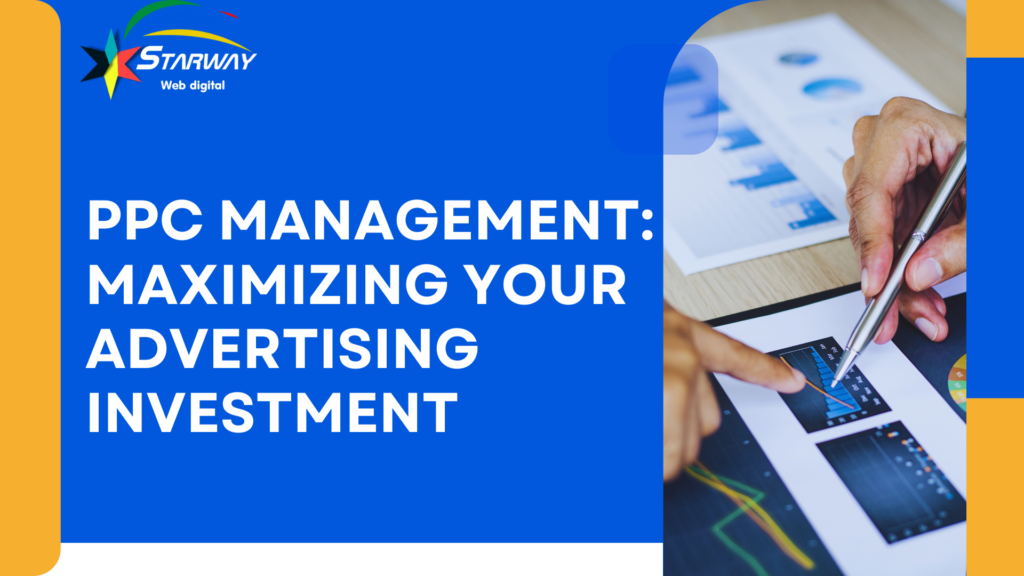Digital marketing has transformed the way businesses reach their customers. With the rapid evolution of technology, understanding the latest trends and strategies in digital marketing is essential for success. Whether you are a business owner, marketer, or entrepreneur, mastering digital marketing can help you stay ahead of the competition. What is Digital Marketing? Digital marketing refers to the use of online platforms and digital technologies to promote products and services. It encompasses various strategies such as search engine optimization (SEO), content marketing, social media marketing, email marketing, and paid advertising. Key Components of Digital Marketing 1. Search Engine Optimization (SEO) SEO is the practice of optimizing your website to rank higher on search engines like Google. Key SEO strategies include: 2. Content Marketing Content marketing involves creating and distributing valuable, relevant, and engaging content to attract and retain a target audience. Effective content marketing strategies include: 3. Social Media Marketing Social media platforms like Facebook, Instagram, Twitter, LinkedIn, and TikTok play a crucial role in digital marketing. Key strategies include: 4. Email Marketing Email marketing remains one of the most effective digital marketing channels. Best practices include: 5. Pay-Per-Click Advertising (PPC) PPC advertising involves paying for online ads to drive traffic to your website. Popular PPC platforms include: 6. Affiliate Marketing Affiliate marketing is a performance-based strategy where businesses reward affiliates for driving traffic or sales. Key aspects include: 7. Influencer Marketing Influencer marketing leverages individuals with large followings to promote products or services. To maximize ROI, businesses should: Digital Marketing Trends in 2025 1. AI and Automation Artificial intelligence (AI) and automation tools are revolutionizing digital marketing by improving personalization, analytics, and customer experience. 2. Voice Search Optimization With the rise of voice assistants like Alexa and Siri, optimizing for voice search is essential for SEO success. 3. Video Content Dominance Short-form videos, live streaming, and interactive content are gaining popularity across platforms like TikTok, YouTube, and Instagram. 4. Personalized Marketing Brands leveraging data-driven personalization can create tailored customer experiences that improve engagement and conversion rates. 5. Sustainability and Ethical Marketing Consumers are increasingly choosing brands that prioritize sustainability and ethical practices in their marketing campaigns. Conclusion Digital marketing is an ever-evolving field that requires businesses to stay updated with the latest trends and strategies. By mastering SEO, content marketing, social media, email marketing, and PPC, businesses can enhance their online presence and drive growth. Implementing AI, voice search optimization, and video content will be crucial for success in 2025 and beyond. Call to Action Are you ready to take your digital marketing to the next level? Start implementing these strategies today and watch your business grow!




